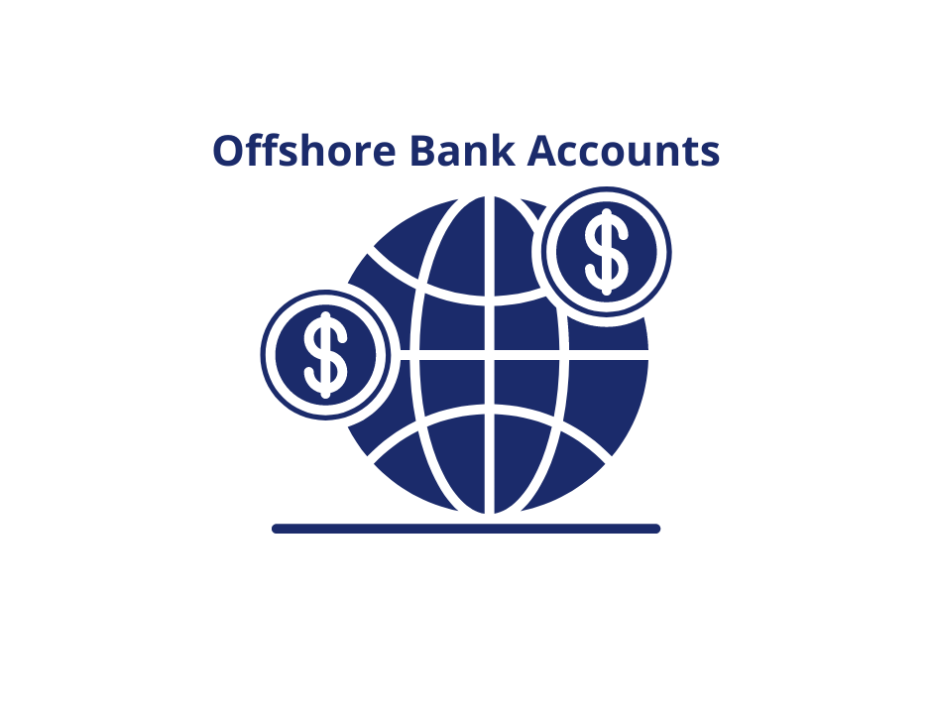Understanding the Lawful Implications of Offshore Business Development

Legal Structure for Offshore Firms
When establishing an offshore business, recognizing the legal structure governing its formation and operation is critical for compliance and risk administration. Offshore companies operate under certain regulations and regulations that differ from those of onshore entities. The legal framework for overseas companies usually consists of stipulations for firm enrollment, investor demands, supervisor duties, and tax obligation obligations.
Company registration involves sending the essential documents to the ideal regulatory authorities in the chosen territory. This procedure typically requires in-depth details regarding the business's framework, investors, and designated tasks. Furthermore, offshore companies should stick to particular shareholder demands, such as maintaining a register of investors and maintaining this info up to date.
Directors of overseas companies have fiduciary obligations to act in the finest passions of the company and its investors. By adhering to the lawful framework regulating offshore business, organizations can operate with self-confidence while reducing lawful risks.


Tax Obligation Ramifications and Laws
Comprehending the tax ramifications and guidelines is critical when taking into consideration the establishment and operation of an overseas firm. Offshore companies are usually subject to desirable tax routines, offering decreased or no tax obligation rates on foreign-earned earnings.
Tax regulations for overseas business differ dramatically throughout jurisdictions, and it is essential to seek experienced recommendations to comprehend the particular demands and obligations. Comprehensive expertise of tax obligation laws and policies, as well as proper tax obligation planning, are essential to make certain the effective and compliant procedure of an overseas company.
Conformity Demands and Coverage
Making certain compliance with regulative needs and maintaining accurate reporting are crucial elements of taking care of an offshore company effectively and transparently. Offshore business have to adhere to the laws and guidelines of both the jurisdiction in which they are incorporated and any type of other appropriate territories where they perform business.
Along with regulative conformity, overseas firms are often subject to reporting requirements to guarantee pop over to these guys openness and protect against prohibited tasks such as cash laundering or tax evasion. Coverage obligations might involve disclosing information regarding the business's ownership structure, financial activities, and beneficiaries. This info may need to be shared with regulatory bodies, tax authorities, or various other governmental firms, relying on the jurisdiction.
Keeping detailed and accurate documents is critical for showing conformity and responding to any questions or audits successfully. Offshore firms must implement durable reporting systems and interior controls to guarantee that they meet all lawful demands and operate with integrity.
Property Security and Privacy Laws
In the world of overseas company development, an essential factor to consider is the interplay in between possession security strategies and personal privacy laws. Offshore territories usually use enhanced property security devices that protect properties from possible dangers such as lawsuits, financial institutions, or political instability in the home country. By structuring properties within an offshore firm, people can protect their riches and expand their holdings across various legal structures. Personal privacy laws in overseas jurisdictions contribute to keeping confidentiality and privacy for firm owners. These legislations limit the disclosure of sensitive details, making it challenging for outside events to accessibility details concerning the company's operations or possession framework. This level of personal privacy can be useful for people seeking to secure their properties from public scrutiny or competitors. It is essential for people to browse these regulations ethically and transparently, guaranteeing compliance with both overseas policies and the lawful needs of their home nation. Eventually, comprehending the elaborate connection between asset defense techniques and privacy laws is vital when taking into consideration overseas business development.
Challenges and threats to Take into consideration
When venturing right into overseas company formation, sensible consideration of potential threats and obstacles is necessary for notified decision-making and tactical preparation. One considerable risk to consider is the opportunity of boosted examination from regulatory authorities as a result of the viewed organization of overseas entities with tax evasion and cash laundering. This heightened scrutiny can bring about substantial compliance needs and potential lawful implications otherwise correctly dealt check my reference with. In addition, political instability or modifications in overseas jurisdictions can posture a danger to the connection of procedures and the security of assets held by the overseas firm.
Obstacles might additionally develop concerning the intricacy of offshore business frameworks and the need for expert legal and economic recommendations to navigate the complex governing frameworks of different jurisdictions (offshore company formation). Preserving conformity with differing worldwide regulations and regulations, as well as prospective language obstacles and social distinctions, can further complicate the overseas firm development procedure. It is essential to be knowledgeable about these dangers and obstacles prior to continuing with offshore company formation to reduce prospective risks and make sure a smooth and legitimately audio facility
Verdict
In conclusion, overseas business formation includes navigating complex legal structures, tax obligation ramifications, compliance needs, and personal privacy legislations. Understanding these aspects is essential for reducing risks and obstacles connected with offshore service operations. It is necessary for people and services thinking about offshore business formation to look for expert guidance to make certain compliance with regulations and to shield their assets effectively.
The lawful framework for overseas companies commonly includes provisions for business registration, investor requirements, supervisor obligations, and tax obligation responsibilities.
Supervisors of offshore firms have fiduciary tasks to act in the best rate of interests of the company and its investors. By sticking to the legal structure governing offshore firms, services site link can operate with confidence while decreasing legal dangers.
Additionally, political instability or modifications in overseas jurisdictions can pose a danger to the connection of operations and the defense of assets held by the offshore firm. - offshore company formation
In conclusion, overseas company formation includes browsing complex legal frameworks, tax obligation implications, compliance requirements, and personal privacy laws.